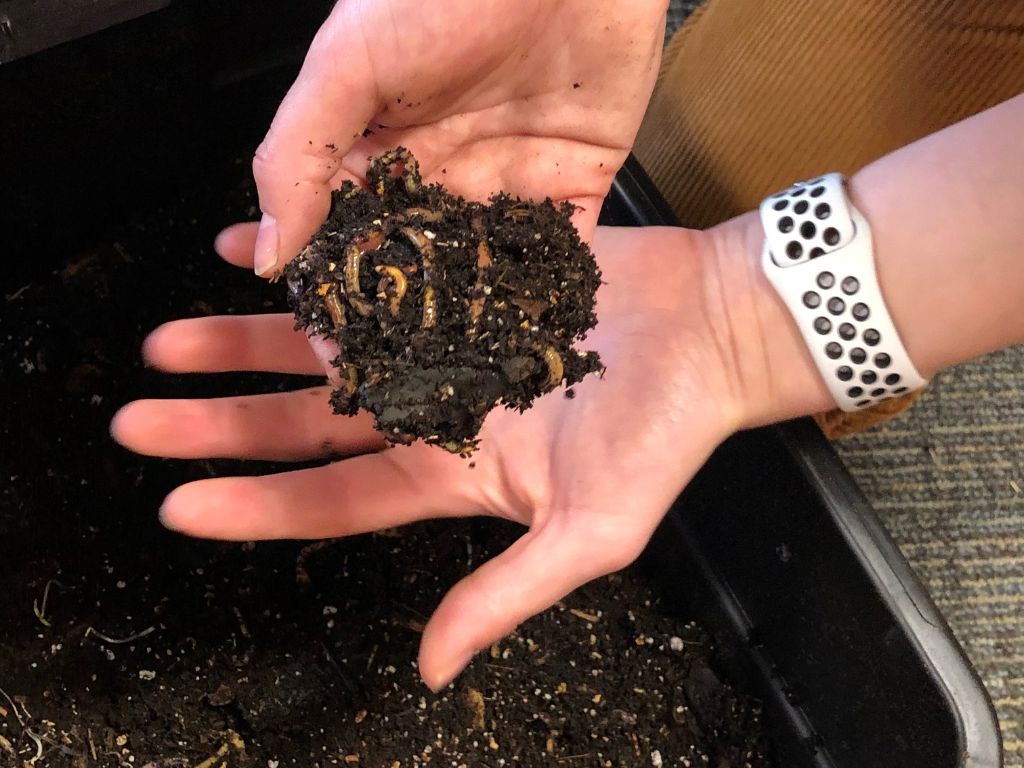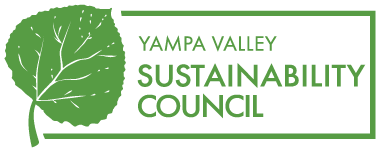OCTOBER 15, 2019 BY
Article courtesy of Eco-Cycle in Boulder
Plastics in the ocean are front and center in the media and are rightfully driving a global groundswell of revolt against plastic use. In the void of national policy to curb the problem with plastics, change continues to come from the ground up. Bans and fees on single-use disposable plastics have so far been the primary tool for cities and states to fight back against the plastic plague invading our oceans, beaches, soil, and communities.
These policies are a good place to start because they go beyond looking at what we as individuals can do to reduce plastic use and pollution. We need to take widespread political action in addition to changing our personal behavior to address the global impact of plastics. Read on to learn about the surge of plastics policies that have been adopted around the nation.
Americans currently throw away 100 billion plastic bags every year, or 300 bags per person. We use these bags for an average of just 12 minutes, but they persist in the environment and impact public health for centuries.
The number of statewide bans on single use plastic bags in the U.S. tripled in 2019, with Maine, Vermont, Connecticut, Delaware, and Oregon passing legislation to ban single-use plastic bags, joining California, Hawaii, and New York. More than 300 municipalities across the United States now ban or charge fees for single-use plastic bags. Around the world, 32 countries have banned plastic bags – nearly half of them are in Africa. Other countries with plastic bag bans include France, Italy, China, and India.
Polystyrene, commonly referred to as Styrofoam©, is made of non-renewable fossil fuels and its basic building block–the chemical styrene–is a known carcinogen that may leach into food and drinks. Most polystyrene products are not recyclable. Instead, this material crumbles into smaller and smaller pieces that pollute soil and water for centuries to come.
In May 2019, Maine became the first state in the U.S. to ban polystyrene cups and containers, followed by Maryland’s ban later that month. In total, over seventy cities have banned polystyrene cups and clamshells, including Washington D.C., Seattle, San Francisco, New York City, and Minneapolis.
It is estimated that Americans use 500 million plastic straws every single day, which end up in landfills, as litter, or in waterways after use. While plastic straws are essential for some –including those with disabilities—they are one of the most common types of plastic litter found on beaches, causing harm to marine animals who mistake plastic straws for food.
In July 2018, Seattle became the first U.S. city to ban plastic straws, and several cities have followed suit, including Portland (OR), Miami Beach and Fort Myers (FL), and Monmouth Beach, NJ, as well as the states of Maine and Vermont. In California and Oregon, full-service restaurants are now required to only provide plastic straws upon request. Giving straws only to customers who request one is estimated to reduce straw use by 50-90%.






